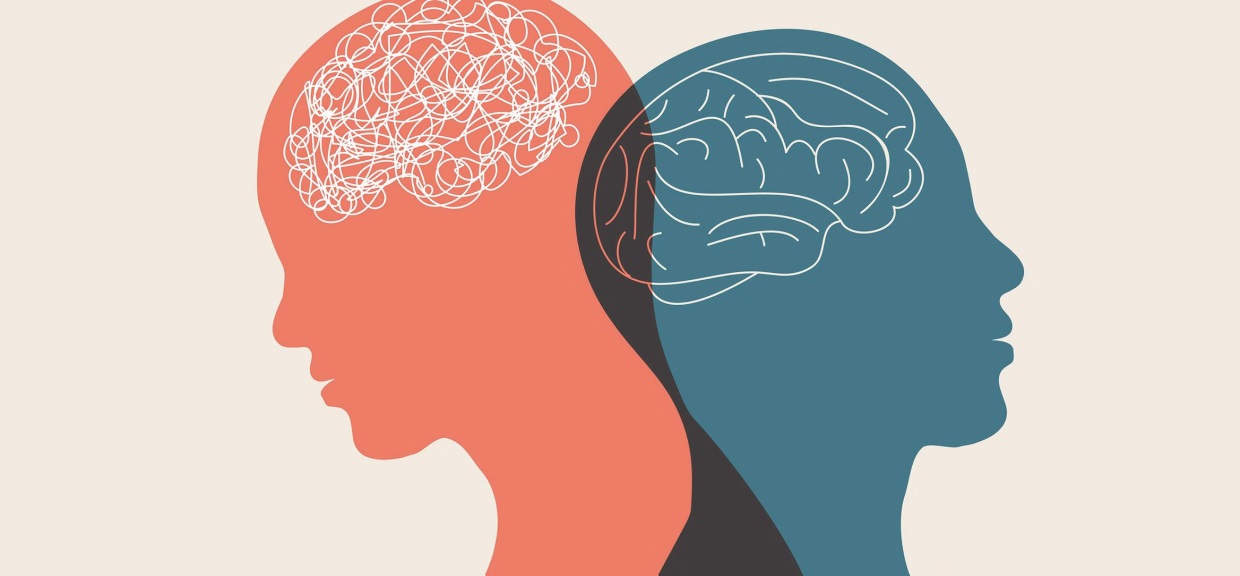
THE MORE YOU KNOW: Educating ourselves about the health of the people we support can help us make better informed decisions and dampen the anxiety and fear we face when dealing with health challenges.
The Eunice Kennedy Shriver National Institute of Child Health and Human Development (nichd.nih.gov/health/topics/idds/more_information/resources) has an extensive list of IDD health resources for patients, healthcare providers, and researchers. You'll find general and condition-specific information, including links to related entities such as the Association for University Centers on Disabilities (aucd.org/template/index.cfm).
The Vanderbilt Kennedy IDD Toolkit (iddtoolkit.vkcsites.org) is an excellent resource guide for clinicians and others relating to several common genetic conditions often associated with IDD. In addition to general guidance, there is specific guidance for health screening about conditions like Autism, Down syndrome, Fragile X, PraderWilli, and other conditions, as well as a number of valuable resources relating to topics such as informed consent, communication, and behavioral health.
ORGANIZATIONS
There are two organizations for healthcare providers that offer resources online and provide educational opportunities at their annual conferences. The American Academy of Developmental Medicine and Dentistry (aadmd.org) focuses on physicians and dentists, and the Developmental Disabilities Nurses Association (ddna.org) for nurses. Both organizations are excellent resources where providers can enhance their skills and knowledge in providing IDD healthcare and collaborate with others in the field.
Several organizations provide valuable information about specific genetic conditions and syndromes, including the Prader-Willi Syndrome Association (pwsausa.org/what-is-prader-willi-syndrome), the National Association for Down Syndrome (nads.org), the National Autism Association (nationalautismassociation.org), the Autism Society of America (autismsociety.org), the National Fragile X Foundation (fragilex.org), the Angelman Syndrome Foundation (angelman.org), and others. Many of these societies have information tailored to supporters, family members, healthcare providers, and researchers relating to their specific syndrome.
FINDING ADDITIONAL RESOURCES
The internet is filled with resources, but not all are what I'd call "good." And some contain misinformation or are more based on people's opinions, rather than what is generally considered acceptable and reliable health-related information. When looking for resources, I'd recommend going to websites that are from known entities, such as well-known hospital systems, governmental agencies like the CDC and the NIH, or official websites for whatever you are looking for. I also recommend reaching out to people you know in your community to see what resources they recommend. Talk to trusted physicians and nurses, or call your local hospital to see if there might recommend a particular resource.
FINAL THOUGHTS
I'm sure that there are many excellent resources I have left out. But hopefully, the ones listed here will be useful to many. Educating ourselves about our health and the health of the people we support can help us make better informed decisions, which can dampen the anxiety and fear we might face when dealing with health challenges. •
ABOUT THE AUTHOR:

Dr. Craig Escudé is a board-certified Fellow of the American Academy of Family Physicians and the American Academy of Developmental Medicine and is the President of IntellectAbility (replacingrisk.com). He has more than 20 years of clinical experience providing medical care for people with IDD and complex medical and mental health conditions serving as medical director of Hudspeth Regional Center in Mississippi for most of that time. While there, he founded DETECT, the Developmental Evaluation, Training, and Educational Consultative Team of Mississippi. He is the author of Clinical Pearls in IDD Healthcare and developer of the "Curriculum in IDD Healthcare," an eLearning course used to train clinicians on the fundamentals of healthcare for people with IDD.